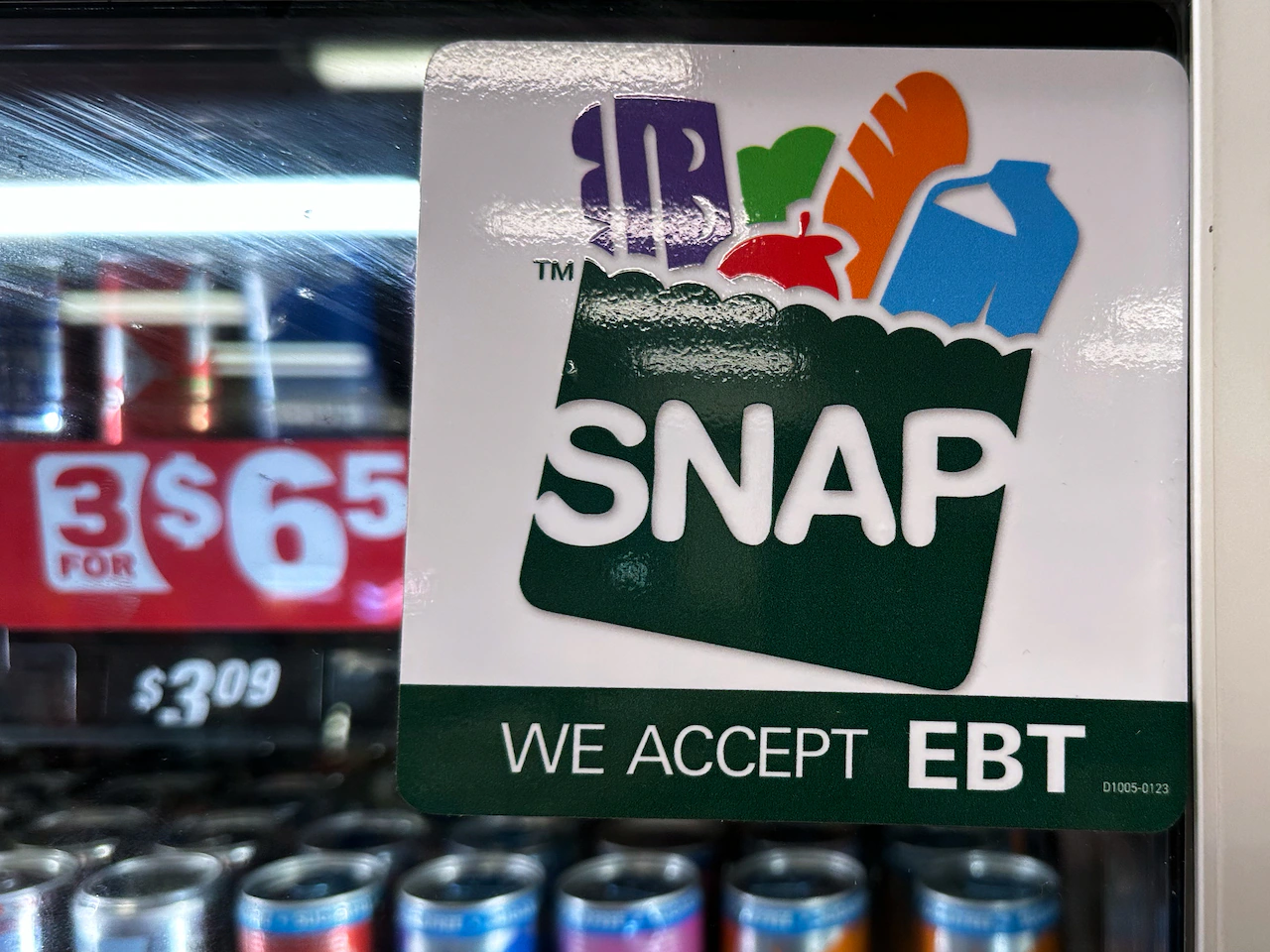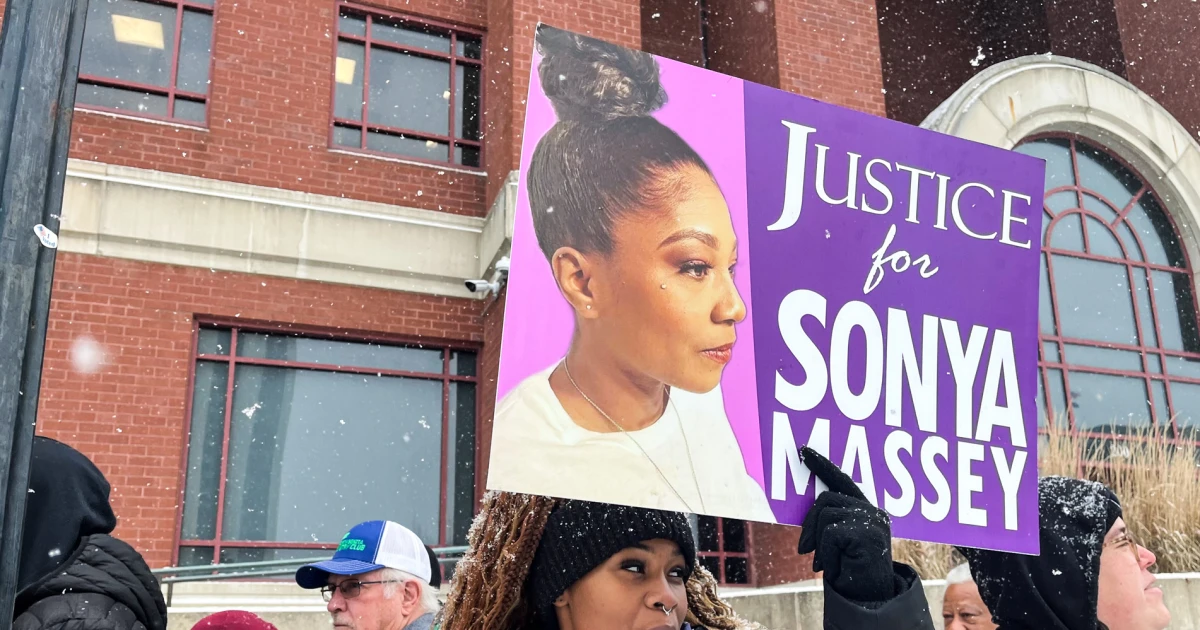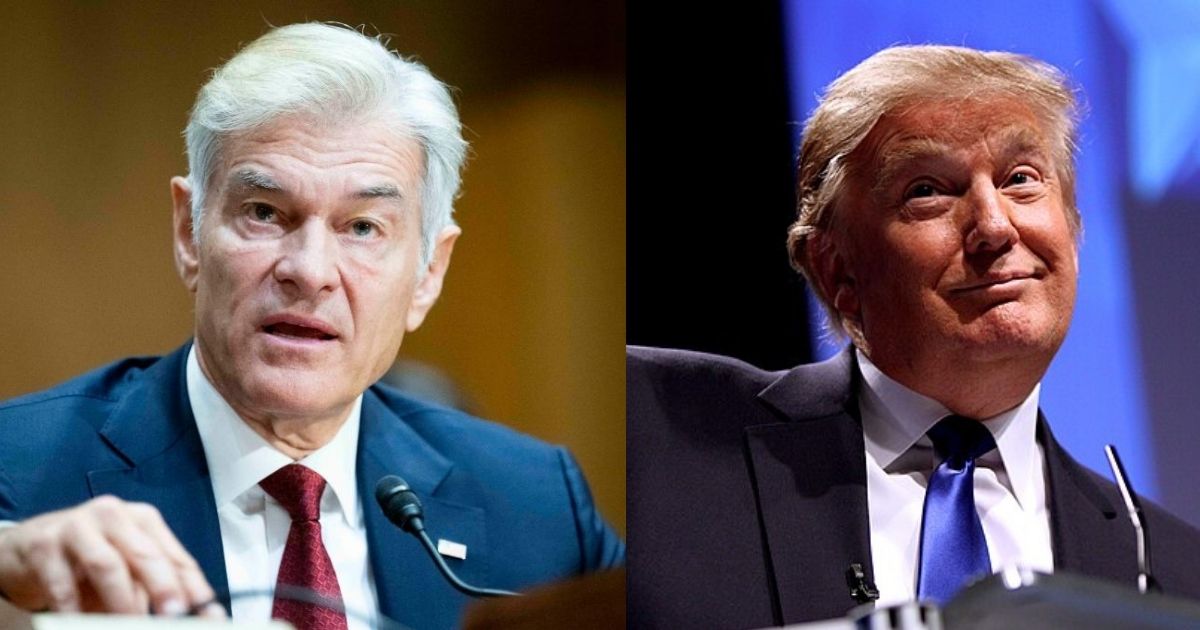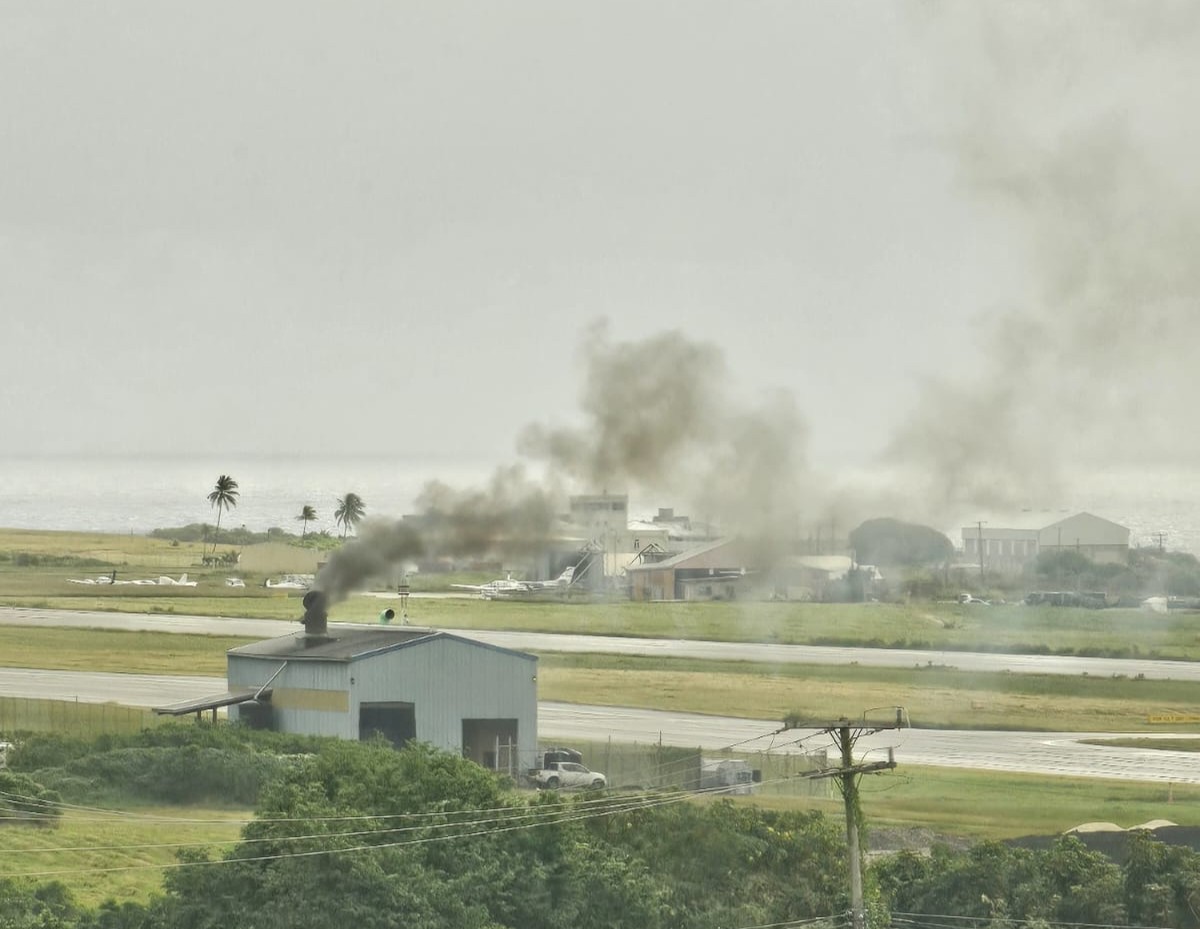Copyright M Live Michigan

The U.S. Supreme Court granted President Donald Trump’s emergency appeal Friday evening to temporarily block a federal court order to fully fund SNAP food aid payments, the AP reports. What that means for the 1.4 million SNAP recipients in Michigan is not yet known. A U.S. District judge in Rhode Island ruled Thursday, Nov. 6, that Trump’s administration had until Friday to make the payments through the Supplemental Nutrition Assistance Program. Following that ruling, Michigan Department of Health and Human Services officials stated that recipients would begin receiving full SNAP allotments on Saturday, Nov. 8, barring a successful appeal from the Trump administration. RELATED: Michiganders will now receive full SNAP payments in November, officials say Recipients in Michigan, like elsewhere, had been previously expecting to receive about 50% of their normal SNAP benefits for November due to the federal government shutdown — which is now the longest in American history at 37 days. According to last year’s numbers, the average eligible household in Michigan received $335 in monthly SNAP benefits. Whether Michiganders will receive full or partial benefits in November is not known at this time. A request for comment for this story from a MDHHS media contact was not responded to prior to publication. The Trump administration appealed Thursday’s federal court ruling twice on Friday. The administration first asked a federal court of appeals in Boston to suspend any court orders that required the USDA to spend more money than is available in a contingency fund, instead allowing it to continue with planned partial SNAP payments for the month. The court declined to immediately intervene, however. The administration then turned to Supreme Court Justice Ketanji Brown Jackson, who oversees emergency matters for Massachusetts. Jackson ruled in Trump’s favor just prior to 9:30 p.m. Friday, pausing the requirement to distribute full SNAP payments until the appeals court rules on whether to issue a more lasting pause, the AP reported. Her order will remain in place until 48 hours after the appeals court rules, giving the administration time to return to the Supreme Court if the appeals court refuses to step in. RELATED: SNAP benefits can’t continue to be part of political game, McDonald Rivet says According to the AP, at least nine states had already begun issuing full SNAP benefits under the direction the USDA gave on Thursday. The AP named eight of those states: Wisconsin, Oregon, Hawaii, California, Kansas, New Jersey, Pennsylvania and Washington. In the Supreme Court filing, Solicitor General D. John Sauer wrote that the fast-acting states were “trying to seize what they could of the agency’s finite set of remaining funds, before any appeal could even be filed, and to the detriment of other States’ allotments.” “Once those billions are out the door, there is no ready mechanism for the government to recover those funds,” Sauer wrote. Approximately 42 million Americans rely on SNAP for food assistance.



